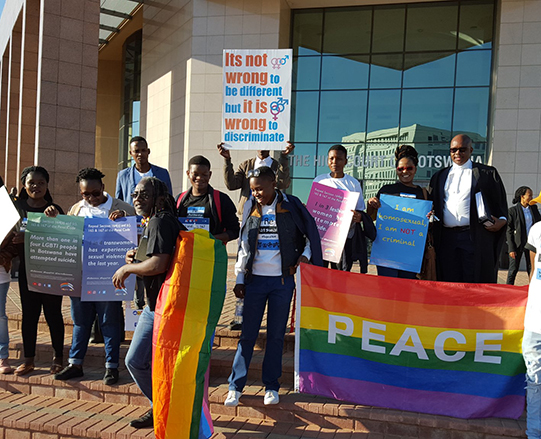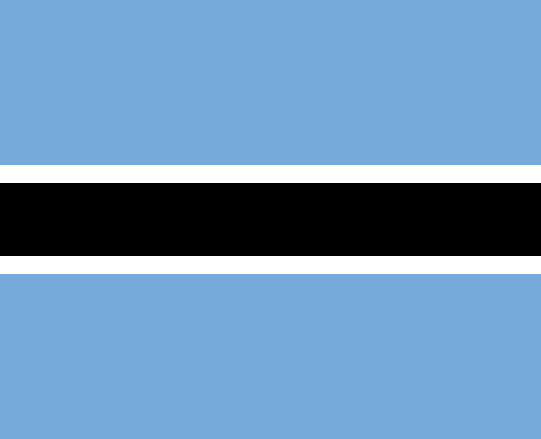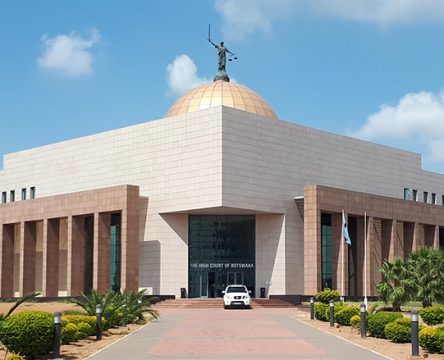On 29 November 2021, Botswana’s Court of Appeal affirmed a lower court’s decision that held laws criminalising consensual, same-sex sexual conduct were unconstitutional. The antiquated criminalising laws, prescribed in Sections 164 and 165 of Botswana’s British colonial-era Penal Code, outlawed ‘carnal knowledge of any person against the order of nature,’ and attempts to commit the offence, respectively. Those convicted under these laws faced jail sentences of up to seven years.
In September 2016, complainant Letsweletse Motshidiemang, a gay man, argued that Sections 164, 165 and 167 were unconstitutional. On 11 June 2019, the High Court of Botswana in Gaborone agreed. In particular, the Court struck down Sections 164(a) and (c) and 165 as violations of Sections 3 (liberty, privacy and dignity), 9 (privacy) and 15 (non-discrimination) under the Constitution of Botswana of 1966. With regard to Section 167 – which criminalises ‘any person who, whether in public or private, commits any act of gross indecency with another person’ – the Court amended the provision to remove the word ‘private’.
In 2021, the Court of Appeal heard the case following a State appeal that the High Court had no power to overturn a 2003 judgement (Kanane v State) which held that Section 164 was constitutional. The State also invoked the separation of powers and the fact that the Penal Code predates the Constitution to challenge the High Court’s decision.
The Court of Appeal found that the State’s arguments concerning the Kanane case were not relevant. The Court held that “in the thirteen years that followed Kanane’s case many indications of a softening attitude towards homosexuality have emerged” and the provisions had “been rendered unconstitutional by the march of time and change of circumstances.” The Court upheld the High Court decision stating that it was correct to strike down the sections on the grounds that “there was no discernible public interest” in the continued existence of the provisions and that “they breach the fundamental right to privacy”.
Download the judgment



